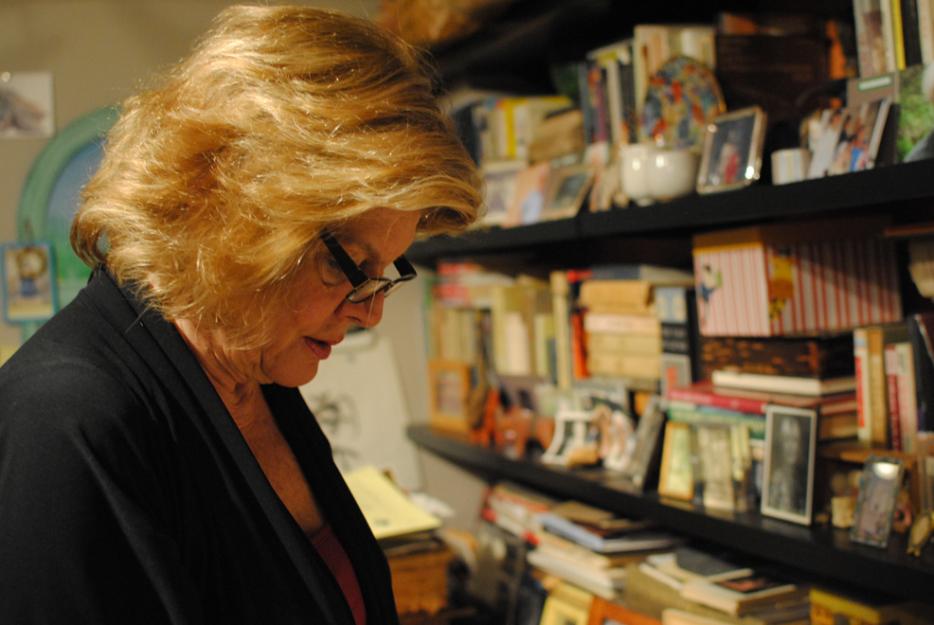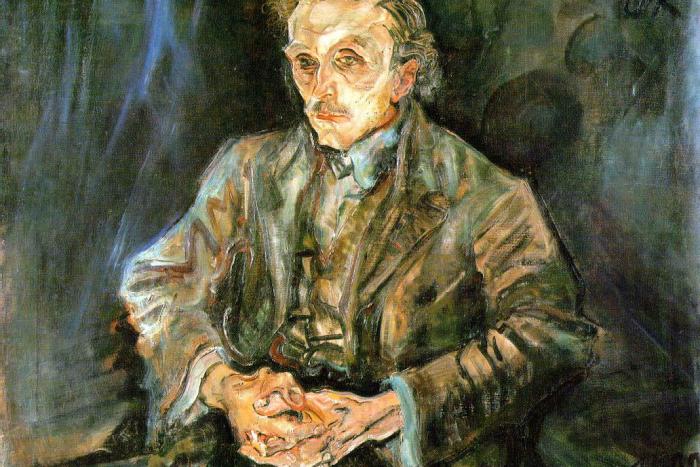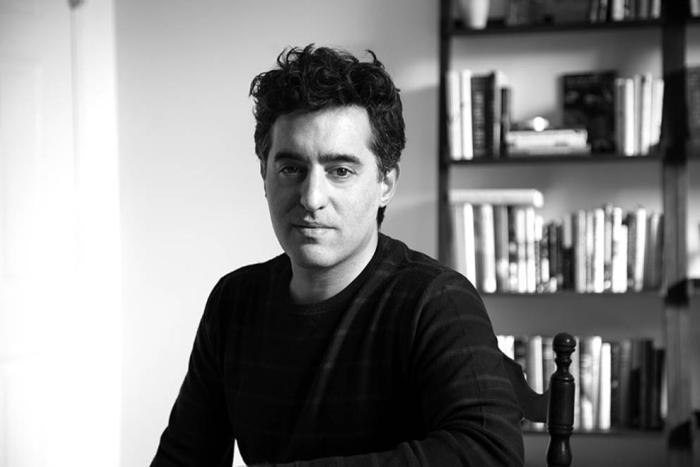Shelf Esteem is a weekly measure of the books on the shelves of writers, editors, and other word lovers, as told to Emily M. Keeler. This week’s shelf belongs to Linda Spalding, whose novel The Purchase was on Tuesday awarded the Governor General’s literary award for fiction. The historical novel—which follows a young Quaker father who moves his family to Virginia and buys a slave, contrary to Quaker principles—was inspired by Spalding’s ancestors. Her bookshelf is the attic office of her Toronto home, which she shares with her husband Michael Ondaatje. The walls behind her shelf have been painted orange, and her books are nestled alongside approximately a hundred family photographs, and other sundry mementos.
I guess it’s mostly organized by subject. Because I’ve been working on The Purchase for so many years, it’s pretty much all research for that book. And maybe the next one, we’ll see. It’s all very personal to me. It’s not my fiction collection, that’s more in the bedroom. We have books all over the house. We argue about what should be where, and who gets to have more shelf space. But this is the only space that’s mine.
This one book is really neat, I found it in my father’s library. It’s called Pioneer Life in Southwest Missouri. I mentioned it in my acknowledgments, it’s a little later in time than my book, but it’s very personal. This guy actually wrote about his childhood. It’s an old book, and full of things that I had no idea about. For example, nobody wore coats! I didn’t know that. How would you know that? And then of course, Jefferson’s book about Virginia was really quite amazing. There’s a lot slave literature, slave narratives on the top shelf. And there these Foxfire books. They were old books, from the ‘60s and ‘70s, where people went down and did oral histories of the South. So, you know, the old guys would tell you how to make soap, or how to skin a deer. Those were great. I learned all about making a cabin from Foxfire.

Most of our poetry’s downstairs, but there’s a little bit up here, behind all the baby photos. Babies from all the generations. I just talked to my granddaughter about half an hour ago. I told her I had to make a speech, and she said “Am I in it?!” And I told her, “No, because it’s only 250 words, and you would take more than that.” She said, “I think you could’ve squeezed me in.”
I don’t usually cycle books in and out from the other bookshelves in the house. But once I’m done with all of this, I’ll probably get rid of a lot of these. Probably. Unless I fall in love with them, which I sometimes do.






